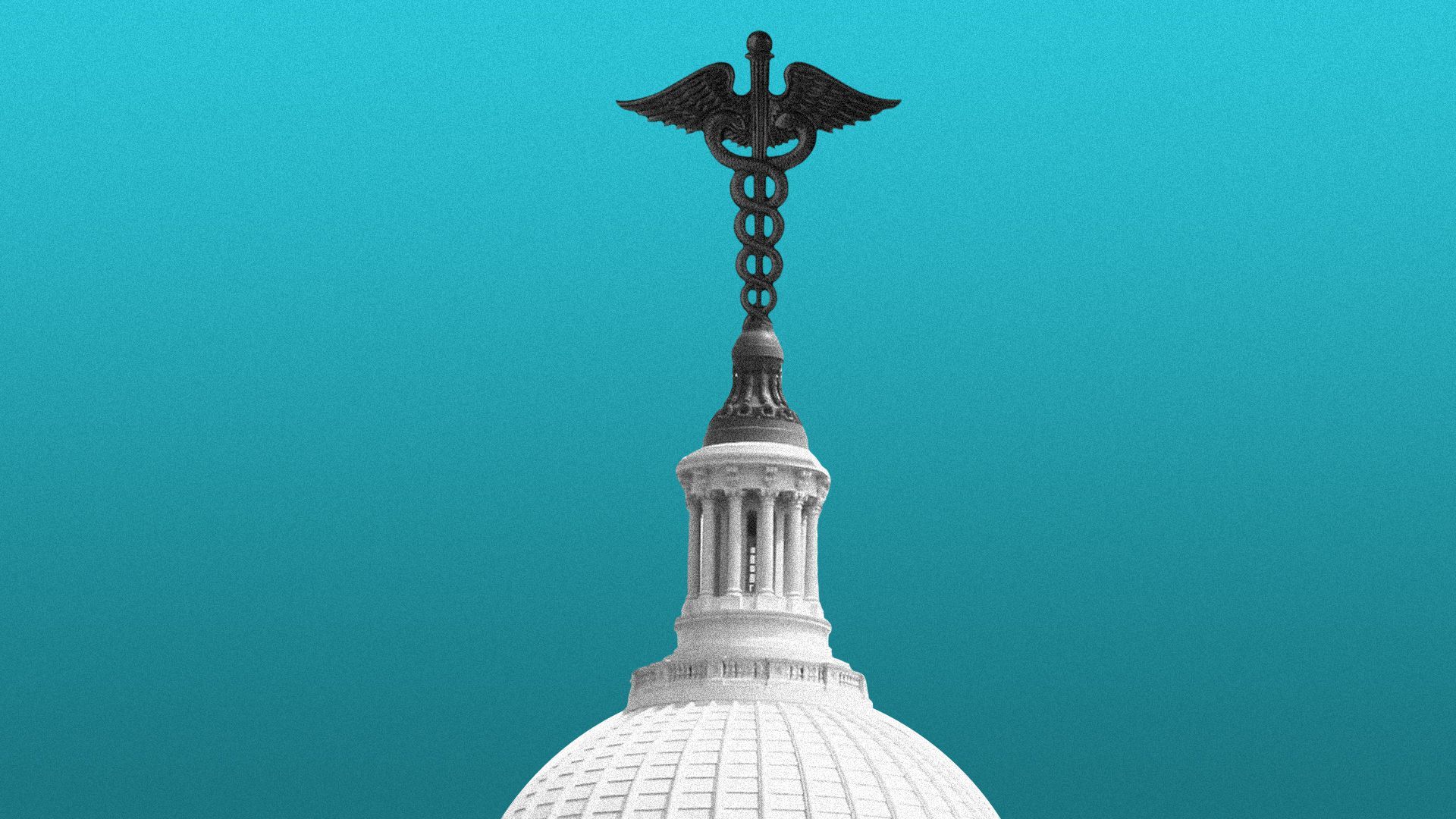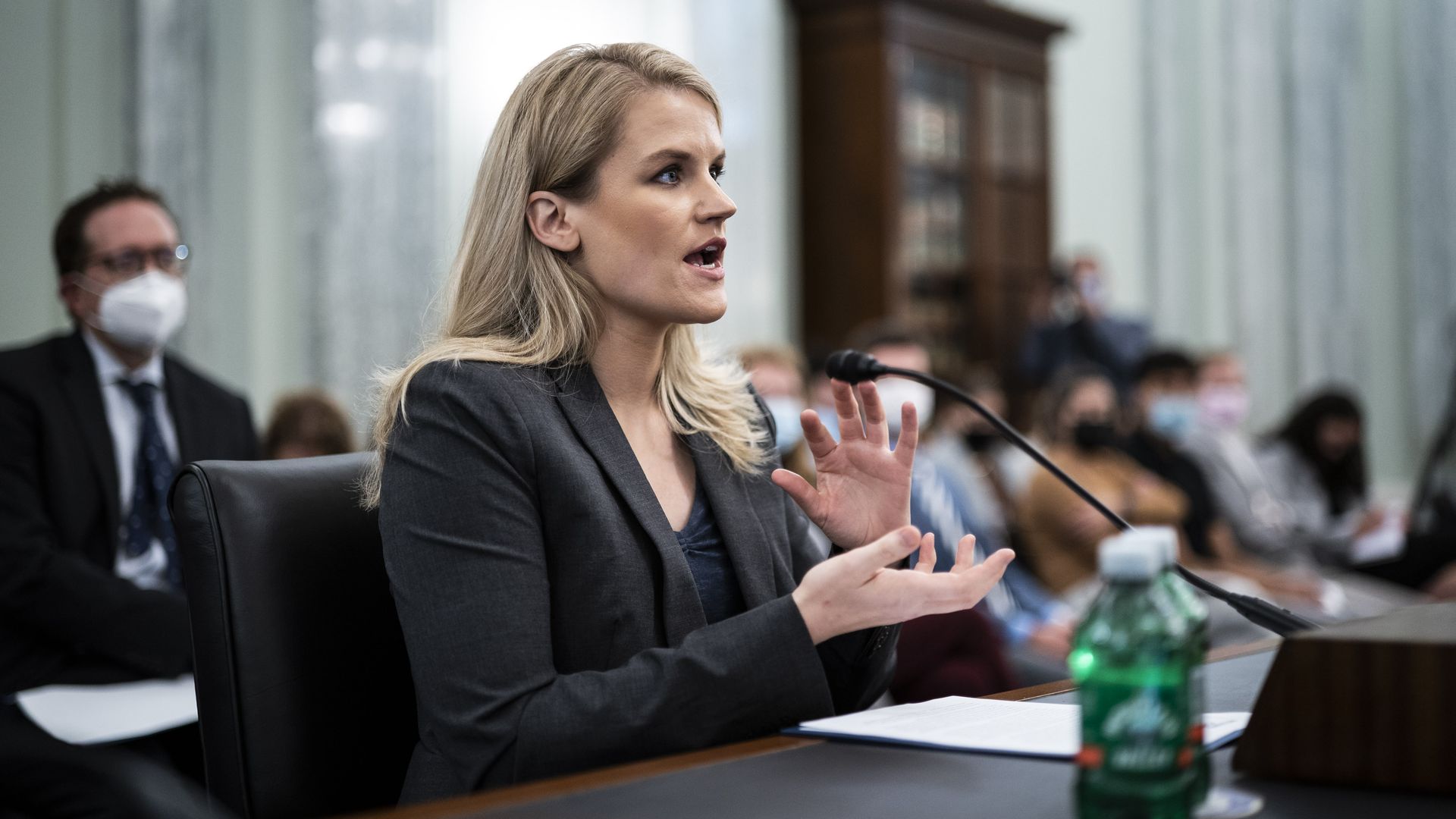| Democrats' push to extend health coverage to millions of very low-income people in red states has a lot working against it: It's expensive, it's complicated, it may invite legal challenges, and few national Democrats stand to gain politically from it, Axios' Caitlin Owens writes. Yes, but: The policy is being framed as a test not only of Democrats' commitment to universal health coverage, but also their commitment to racial equity. The big picture: Democrats are still figuring out how much money they have to spend in their massive social policy legislation, but there's already intense competition among policies — including between health care measures. - Progressives are adamant about expanding Medicare to cover dental, vision and hearing benefits. But a handful of prominent Democrats are making the case that closing the Medicaid coverage gap is equally, if not more, important.
- The gap exists in 12 Republican-controlled states that have refused to accept the Affordable Care Act's Medicaid expansion, the majority of which are in the South.
What they're saying: Closing the coverage gap is "very, very important to people of color. The majority of Black people in this country still live in the South," said Rep. Jim Clyburn, one of the leading proponents of the measure. - "This is about people in this country, and I wish we'd stop this red state and blue state stuff," Clyburn said.
The catch: States that have already expanded Medicaid are covering a small portion of those costs themselves, and may question the fairness of full federal funding for the holdout states. - That could create an incentive for existing expansion states to drop the ACA's Medicaid expansion and pick up the new program instead. And any effort Congress makes to stop them could invite legal challenges.
Go deeper. | 







No comments:
Post a Comment